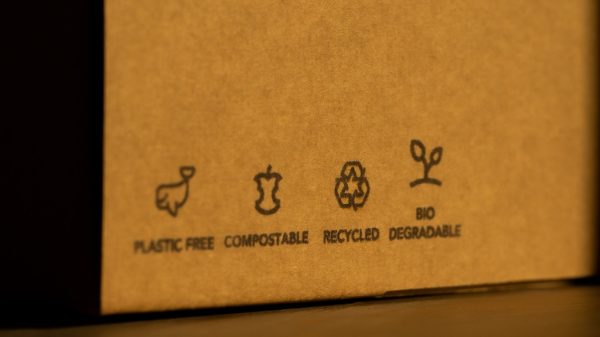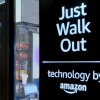In March, Amazon stopped replenishing weekly purchase orders for tens of thousands of vendors in a move that has stirred up some trouble. The tech giant has once flexed its power over first-party sellers over their platform. And it’s not the first time.
Amazon originally sent out to vendors as an automated message citing the hold up in orders as a technical glitch. The following day, vendors were told the change was permanent. The affected vendors were categorized as making $10 million or less in sales volume per year and not having managers at Amazon. Vendors selling specialized goods that were difficult to ship were also a factor.
The effects can have remarkable effects on the market as Amazon’s algorithms decide who is able to sell what to whom via their near-ubiquitous platform. According to John Ghiorso, the CEO of Orca Pacific, an Amazon agency for consultation and manufacturers representatives, the decision is driven by financial data such as total revenue, profitability, and catalog size.
In a response from an Amazon spokesperson, the change was made in order to improve value, convenience, and selection for customers. The mass termination of purchase orders and the delayed response from Amazon herald the transition to the One Vendor system, putting vendors in an exclusive relationship with Amazon. This system will merge the current Seller Central and Vendor Central.
Amazon’s message is loud and clear: they will do what’s in their best interest to mitigate the market for their convenience. One may be reminded of the anti-trust lawsuit against Microsoft in 2001.
The lack of warning didn’t do them any favors either.
While smaller businesses need to change for Amazon’s program, first-party business will revolve around larger brands like Nike with whom Amazon is maintaining a relationship.
Despite the streamlined platform Amazon is going for, the company wields power over vendors and customers alike. Capitalism is one thing, but monopolies are a whole other ball game, and politicians are finally paying attention.
Staff Writer, Allison Yano is an artist and writer based in LA. She holds a BFA in Applied Visual Arts and Minor in Writing from Oregon State University, and an MFA in Fine Art from Pratt Institute. Her waking hours are filled with an insatiable love of storytelling, science, and soy lattes.











































Pingback: Amazon may take advantage of COVID-19 decimated AMC and acquire them